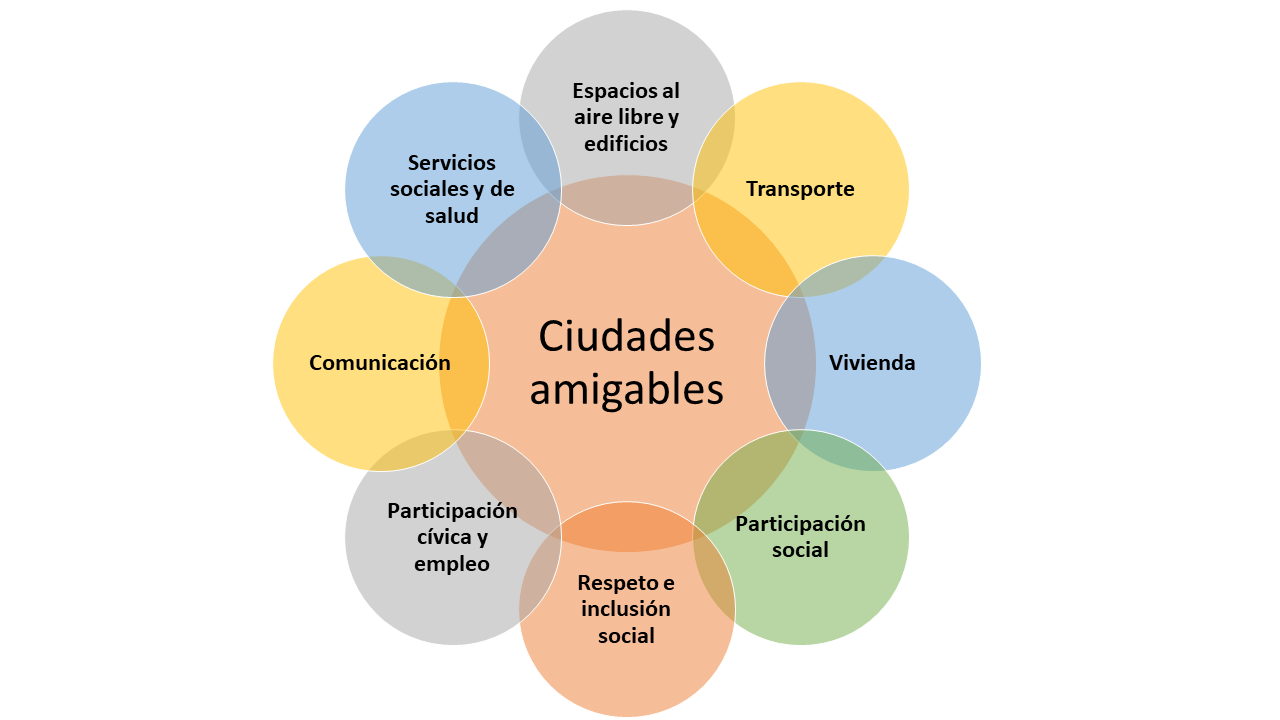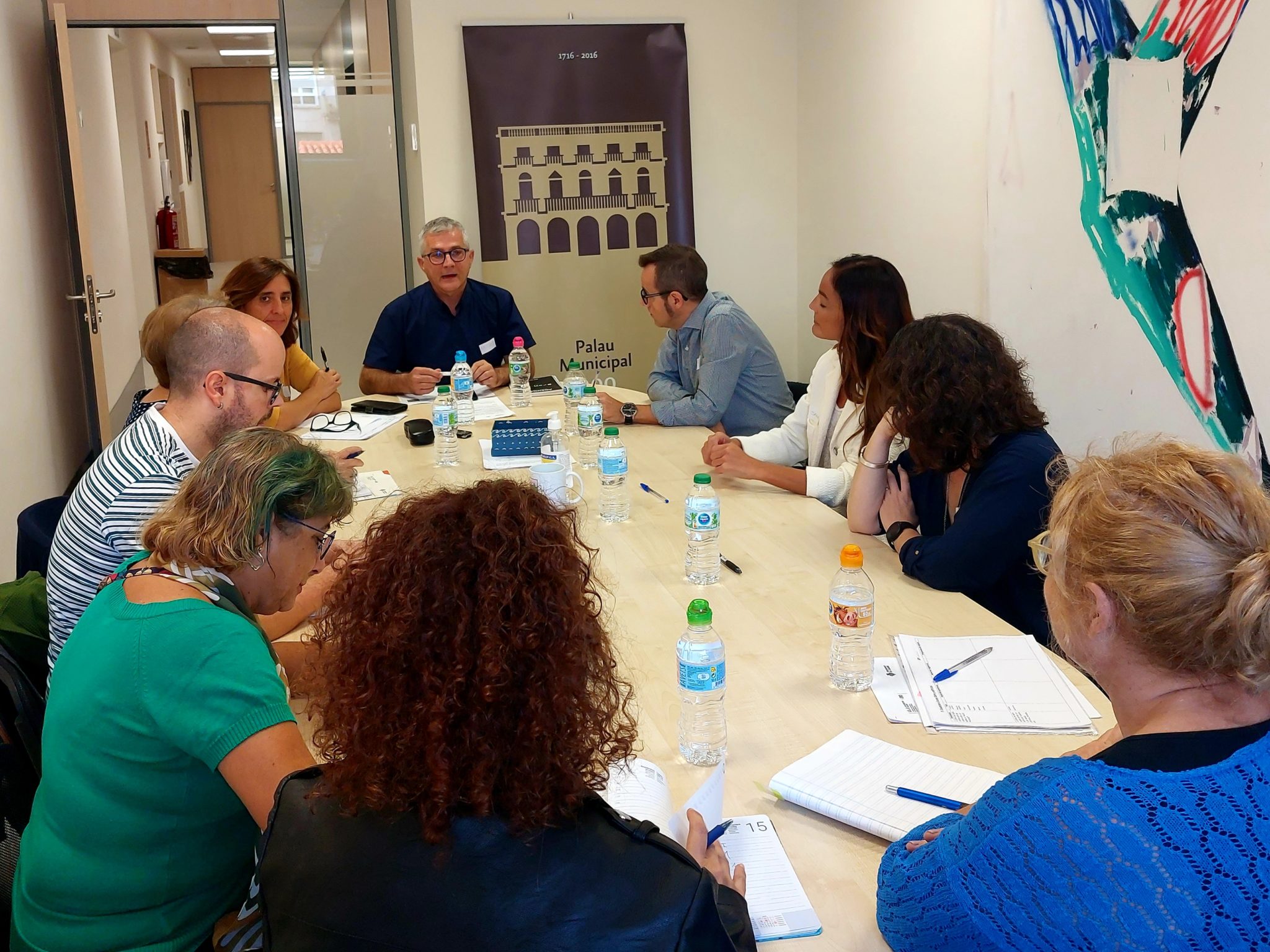Do you think there are enough benches to sit on in your street? Do you have any problems when you go to your bank branch or health centre? Does the bus run frequently enough? These are some of the questions that have been posed to the nearly 40 people who have taken part in the focus groups over the last two months as part of the project 'Castelló. Ciudad Amigable con las Personas Mayores', developed by the Cuatroochenta Chair in Artificial Intelligence, Health and Wellbeing. The aim is to find out what older people think and expect from the city. Together with the Castelló de la Plana City Council, nine discussion groups were organised, six of which were made up of people over 60 years of age, the other two of which were representatives of companies and public centres, and the last group was made up of carers.

The meetings addressed the eight areas proposed in the WHO Guide on Age-Friendly Cities related to the physical environment, the social and cultural environment, communication and information, and social services and health. In all of them, participants had the opportunity to mention negative and positive aspects, as well as to suggest proposals for improvement or solutions to the different problems detected.
In the different focus groups, aspects such as the state of the streets and the accessibility of buildings were evaluated, as well as everything related to transport as a key element to facilitate the mobility of older people in their city. Participants also contributed ideas on the current offer of events and activities available, opportunities for associations, ageism, unwanted loneliness, intergenerational communication, among others. The digital divide and the image of older people in the media were also discussed. And on social and health services, the purpose was to assess whether these are accessible and affordable for older people as well as whether they have the necessary resources and services to meet the needs of this group.

Antonio Caballer, Ana Alarcón and Andrea Castillo in one of the focus groups with older people in Castelló de la Plana.
The participants were selected taking into account the inclusion of people in different age ranges, residents in different districts of the city and with different socio-economic statuses in order to guarantee the representativeness of the whole group of elderly people in Castelló. Among the participating companies and public centres were representatives of different socio-health centres (day centres for the elderly and residences) with different professional profiles (physiotherapy, psychology, nursing and occupational therapy). Representatives of different associations and local businesses were also present.
Diagnostic study to promote active and healthy ageing
The project is part of the Global Network of Age-Friendly Cities and Communities promoted by the World Health Organization (WHO) whose objective is to create resources that facilitate healthy and active ageing. It is also aligned with the 2030 Agenda for Sustainable Development approved by the United Nations (UN).
The city of Castelló joined this network in 2014. Two years later it carried out its first Action Plan. This 2022, the Castelló City Council has started the preparation of the second Action Plan and has commissioned the Universitat Jaume I to prepare the new diagnostic study, which is expected to be published during the next year 2023. This will bring the first phase of the project to an end and from then on the second phase will begin, the aim of which is to translate the various proposals for improvement made by the participants in the focus groups into the Action Plan.